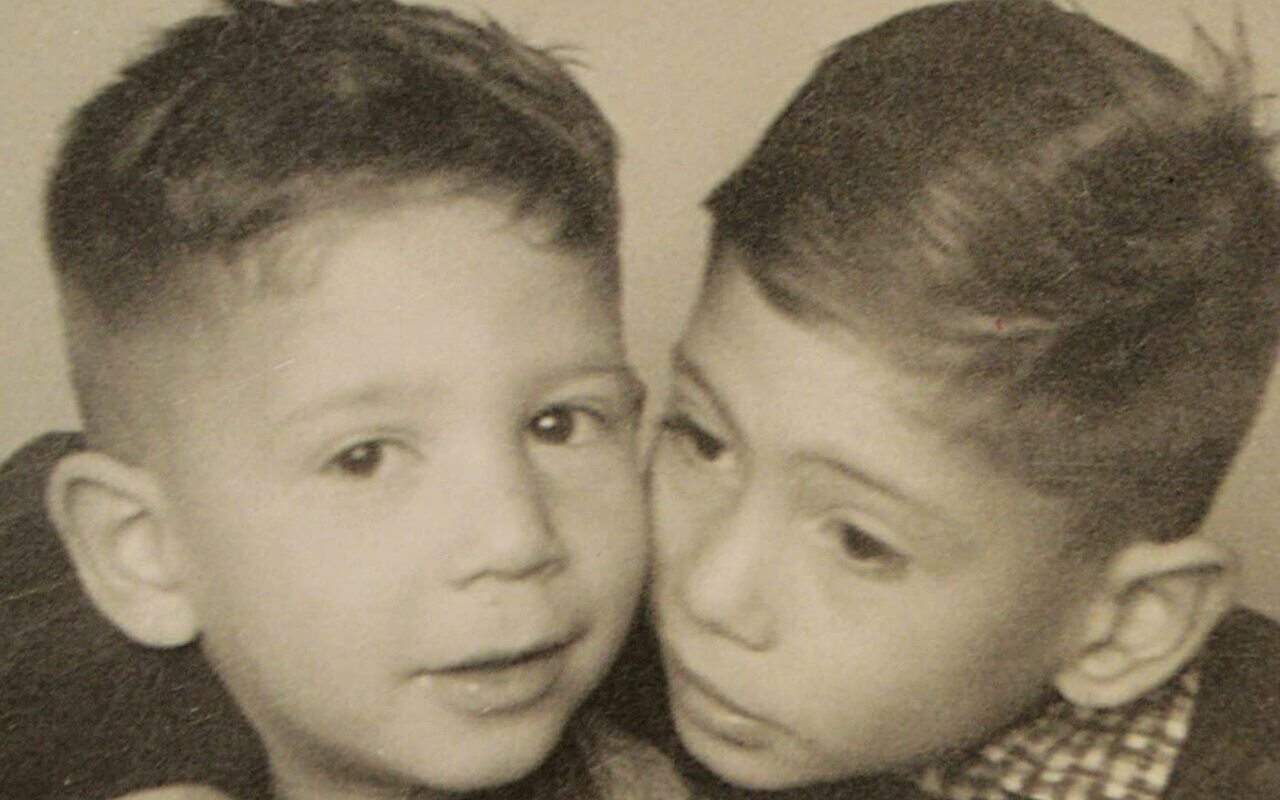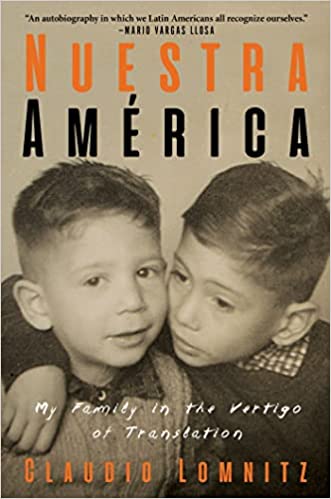
'Nuestra América': A history of the Jewish Diaspora in South America
Eminent anthropologist and historian Claudio Lomnitz traces his grandparents’ exile from Eastern Europe to South America
Originally published in Spanish in 2018, Nuestra América: My Family in the Vertigo of Translation is an autobiographical account in which Mexican journalist and anthropoligist Claudio Lomnitz, professor of Anthropology at Columbia University traces his grandparents' exile from Eastern Europe to South America.
At the same time, the book is a pretext to explain and analyze the worldview, culture and spirit of countries such as Peru, Colombia and Chile, from the perspective of educated Jewish emigrants imbued with the hope and determination of those who escaped Europe in the 1920s.

Lomnitz's grandparents, Misha Adler and Naomi Milstein, who were trained to challenge ghetto life in the pioneering spirit of the early Zionist movement, became deeply involved in the leftist Peruvian intellectual milieu and its practice of connecting Peru's Indigenous past with an emancipatory internationalism that included Jewish culture and thought. After being imprisoned allegedly for their socialist leanings, they were exiled to Colombia, where they were subjected to its scandals, class system and political life.
Lomnitz, as The New York Times wrote, "writes a multigenerational story from the perspective of a descendant 'born in a sea of linguistic dispossession,'" one rooted in the deprivations of 20th century imperialism and the horrors of the Holocaust.
RELATED CONTENT
On the other hand, through the story of his grandparents, he manages to exemplify the cosmopolitan ideal of the survivors of anti-Semitism in exile. Intellectuals and entrepreneurs, Adler and Milstein ran businesses, founded newspapers, opened schools, and knotted a sense of community across a geography of displacement stretching from Eastern Europe to the West, to Peru, Colombia, and Venezuela — and eventually Chile, Mexico, and the U.S.
Based on his meticulous research, Lomnitz speculates that his great-grandfather, a successful businessman from Mannheim, Germany, was murdered in his office by young Nazis as early as 1922. In other, more optimistic parts of the book, he relates how his relatives became acquainted with personalities of the Latin American cultural world, such as the Peruvian Marxist journalist José Carlos Mariátegui and Chilean folk composer Violeta Parra.
"Why did you write a memoir about your family at this time?" he was asked by Columbia News at the book's launch in June 2021.
"I almost never know why I write, and that's a good reason to do it. Writing is like finding my way through the fog, so it's exciting, but also sometimes difficult. To extend the metaphor, writing about one's own family involves a willingness to work in and through a particularly impenetrable fog. I guess I've felt the need to grope around there for a while," Lomnitz concluded.

Born in Santiago, Chile in 1957, Lomnitz grew up primarily in Mexico City. He studied Anthropology (he holds a PhD in Anthropology from Stanford University), but has also taught in History, Sociology and Humanities departments. He is the author of several books on culture and politics, all set in Mexico. Among the most notable are Death and the Idea of Mexico (published by Zone Books in 2005), and The Return of Comrade Ricardo Flores Magón (published by Zone Books in 2014).
In addition to his academic work, he writes regularly for the press. He has a bimonthly column in La Jornada newspaper, in Mexico City, and a monthly column in Nexos. In recent years, he has also devoted himself to playwriting in collaboration with Alberto Lomnitz, his brother.












LEAVE A COMMENT: